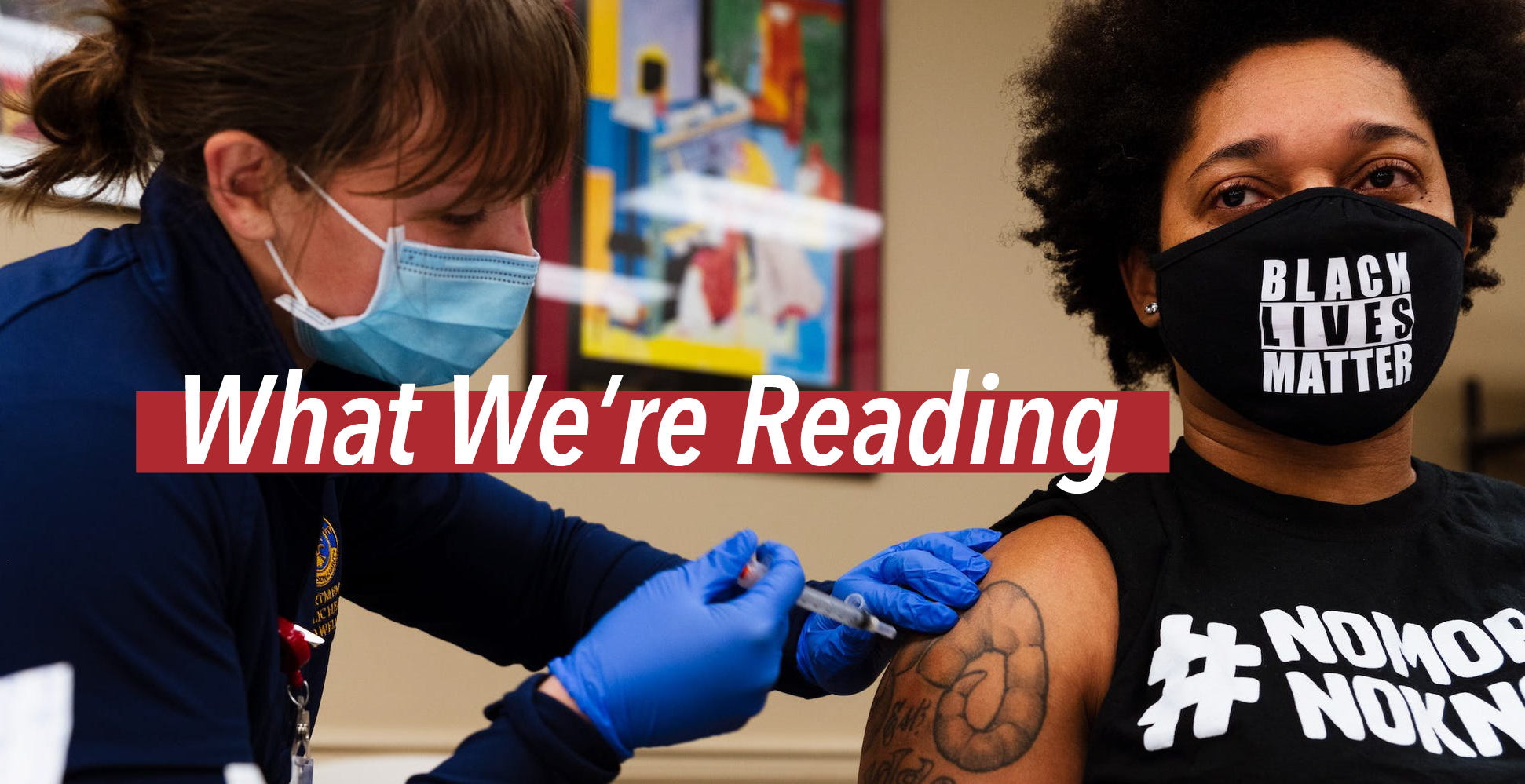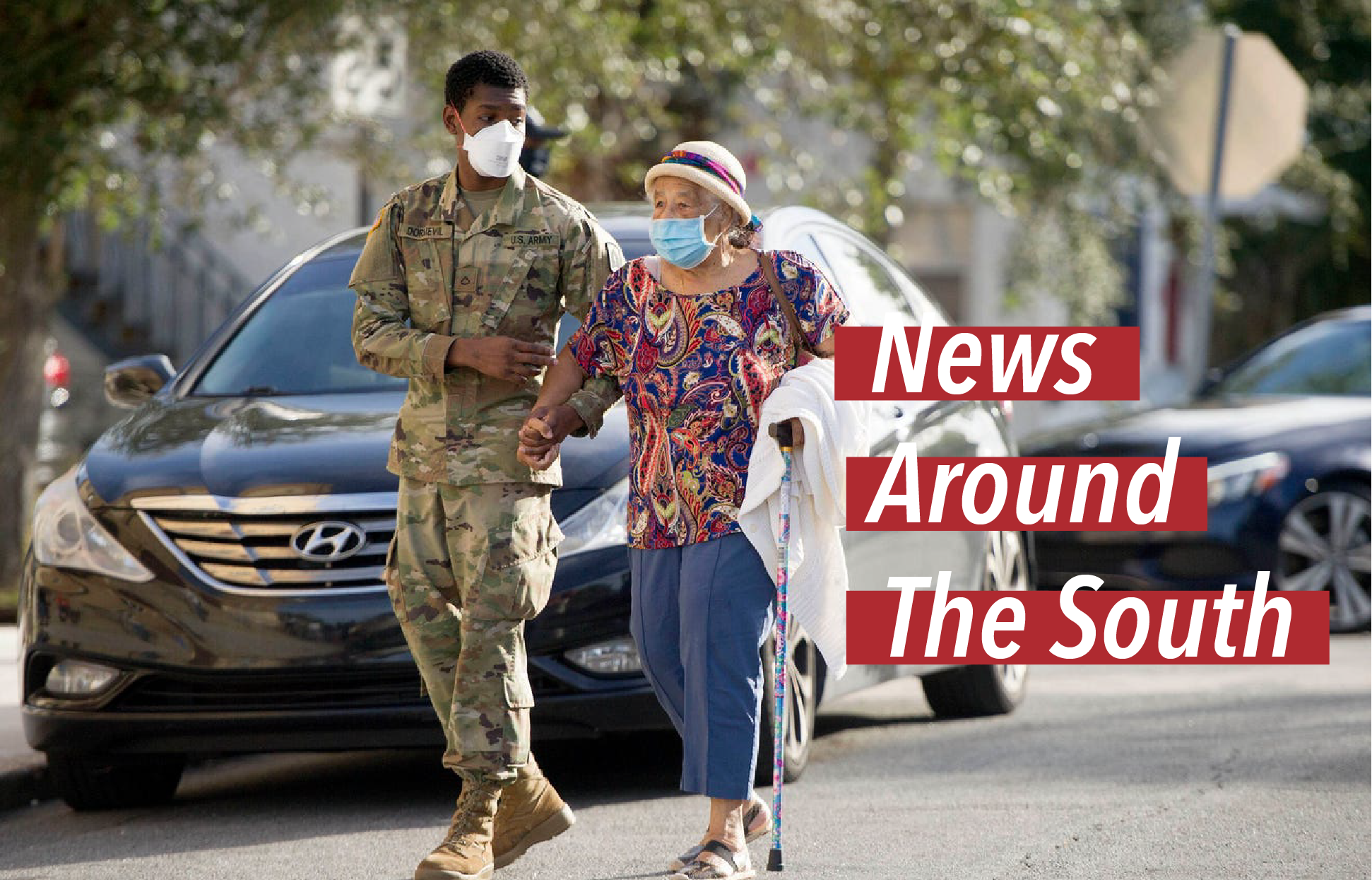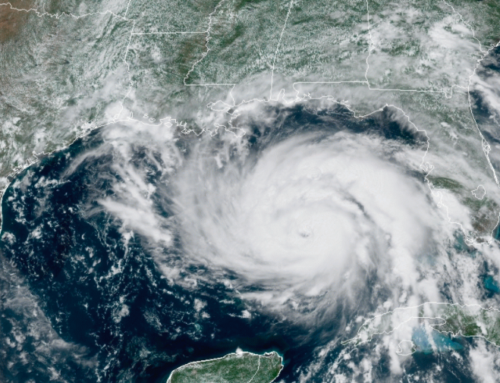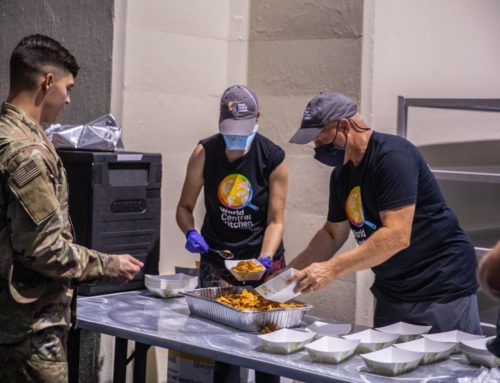In our short time thus far with the Biden-Harris administration, they have affirmed that elected leadership matters.
And the good news is that racial equity is front and center on the agenda.
From his inaugural address to his first day of executive orders, President Biden has shown us that he meant what he said when he made advancing racial equity and justice among the core pillars of his presidency.
From directly confronting white supremacy to signing an executive order calling on federal agencies to examine how they perpetuate systemic racism to committing to distribute COVID-19 vaccines equitably, the administration seems willing to reconcile with the ways slavery, white supremacy and systemic racism have shaped our past and continue to shape our present.
I was also pleased to see the administration quickly rescind the 1776 Commission and Report and its affront on truth and history. We cannot continue to run away from our past.
As our national leaders look to advance racial justice at national and federal levels, E Pluribus Unum will focus more intently on advancing racial equity at the state and local levels. From our UNUM Fellows program to our policy work, we know we can have a huge impact across the South.
I am hopeful that we will continue paving our way in truth and justice toward the America we always dreamed we could be.
Mitch Landrieu
Founder & President

New York Times: America’s Caste System Is 400 Years Old. That Doesn’t Change Overnight.
The Hill: What the 2020 census will reveal about America’s future
NBC News: How the Trump Administration’s ‘1776 Report’ Warps the History of Racism and Slavery
Equal Justice Initiative: Political Violence and Racial Inequality in America

News and stories about southern communities
Alabama
Alabama’s hospital system remains strained as COVID-19 hospitalizations trend down. And, hospitals in the state are expected to face even more challenges in the weeks ahead, despite a drop in the number of people hospitalized with COVID-19. [WVTM]
Arkansas
A non-profit in northwest Arkansas that provides childcare referrals in the region received a $250,000 grant to help daycare and in-home childcare facilities with upgraded air filtration systems. [KNWA]
Florida
Black Floridians have accounted for less than 5% of residents who got the first dose of coronavirus vaccine, intensifying concerns that vaccine wariness and uneven distribution efforts have further marred an already bumpy vaccine rollout in Florida. The first demographic snapshot of initial vaccine recipients released by the State Department of Health also doesn’t specifically include Hispanics, a stunning omission given that they account for more than a quarter of the population. [Palm Beach Post]
Georgia
The Morehouse College School of Medicine released a new public service announcement urging people, particularly people of color, to get the COVID-19 vaccine. The PSA was developed as part of a $1 million grant to create programs focused on COVID-19 awareness and education research. [Atlanta Voice]
Kentucky
More than 23,000 Kentuckians have still not received unemployment. People can now set up phone appointments to get help with unemployment or book appointments online. The Office has the capacity to see about 125 appointments a day. [WYMT]
Louisiana
The number of people being cared for at Louisiana hospitals this month exceeded the point from any other time since the pandemic gained a foothold in the state last spring. The latest surge in virus infections across Louisiana has seen many small, often rural, hospitals in the Baton Rouge region grapple with not enough medical staff to care for patients, even though they have the physical space. At times, too, they have had to keep patients needing follow-up operations longer after they’re stabilized because larger hospitals that could otherwise perform them are at or near capacity. [The Advocate]
Mississippi
The Mississippi Legislature could soon be debating a proposal that would prevent companies from mandating the COVID-19 vaccination as a condition for employment. A De Soto County Republican representative, Dan Eubanks, is sponsoring House bill 719. This bill would prohibit public and private employers from requiring any of their employees to receive a vaccination against COVID-19 as a condition of the person’s employment or continued employment with that employer. [WAPT]
North Carolina
Local organizations are collaborating to document COVID-19’s impact on BIPOC in Mecklenburg County, NC. The three-year initiative has a mission to collect, share, and preserve local histories about the pandemic experience through the arts, community engagement, education, and leadership development. [The Charlotte Post]
South Carolina
Walmart says it will expand its COVID-19 vaccine program to several states, including South Carolina. The retail chain said Friday that it will roll out the vaccine to “specific population groups as determined by the state this week and next.” Right now, South Carolina is in Phase 1A of vaccine distribution, which includes healthcare workers and those ages 70 and older. [WIS News]
Tennessee
“Our Faithful Comeback,” a new grant initiative in Shelby County, TN zeroes in on small, faith-based organizations, whose community outreach efforts have been made more difficult by the COVID-19 pandemic. The program will assist 170-plus small, faith-based organizations set up a virtual option for congregation services and another 50 with a $1,500 reimbursement for PPE. [Tri-State Defender]
Texas
As COVID-19 vaccines continue to roll out in Texas, there are growing concerns that access to the coveted shots are often dependent on how digitally connected people are. There are millions of seniors and people with serious health conditions who find trying to navigate the vaccine booking process difficult. [ABC 13]
Virginia
Public health data show that Virginia is lagging behind when it comes to tracking COVID-19 vaccinations by race and ethnicity. Virginia is one of only 17 states that were publicly reporting COVID-19 vaccination data by race and ethnicity as of last week. But the state’s COVID-19 website indicates that race and ethnicity data has not been reported for more than half of the roughly 475,000 people who have received at least one dose of the vaccine. [NBC12]
West Virginia
Since the nation began distributing vaccines more than a month ago, it has moved far more slowly than officials hoped and has been stymied by widespread logistical problems. But West Virginia has stood out for its success in getting people vaccinated. About 9 percent of all West Virginians have received a first dose of the coronavirus vaccine, a larger segment than in every state but Alaska and double the rate of some. No state has given a larger share of its residents second doses, a crucial step to securing the best chance at immunity. [MSN]



